N R Acharya
- Born: 1909 (Karachi, British India)
- Died: 1993 (Bombay)
- Primary Cinema: Hindi
An important figure during Bombay Talkies’s transition years after founder Himanshu Rai’s death, N R Acharya was a director and production manager known for successful films such as Bandhan (1940), Azad (1940) and Naya Sansar (1941), which he directed. He later also founded his own film production company, Acharya Arts Productions.
Born in 1909 in Karachi, he worked as a government contractor before joining the East India Film Company in 1934. He later joined Bombay Talkies as a production manager, working on films such as Achhut Kanya (1936) and Nirmala (1938). The landmark Achhut Kanya was directed by Franz Osten and starred Devika Rani and Ashok Kumar in the tale of an ‘untouchable’ girl and a Brahmin boy who fall in love, but the strict caste system and the gossip of the villagers threaten to keep them apart. Nirmala, which brought together the same director and lead pair, revolved around Nirmala, a modern girl - young, beautiful, dressed in the latest fashions, who attends college, and is even the only female in an all-male class. She doesn't take second place to the men, besting all but one in the annual exams. She is tied with Ramdas (Ashok Kumar). But, at the same time, she is bound to the age-old culture, traditions and religion. She yearns for a husband and for motherhood. This conflict forms the crux of the story.
After Himanshu Rai’s death in 1940, as the control of the studio passed to Devika Rani and Sashadhar Mukherjee, Acharya transitioned to becoming a director. He made his directorial debut with the Ashok Kumar-Leela Chitnis starrers Bandhan and Azad in 1940. The family drama Bandhan starred Leela Chitnis and Ashok Kumar in a film depicting Beena, a young village girl, and Nirmal who love each other. When Suresh decides to create a rift between them, things begin to challenge both Beena and Nirmal. Azad, a drama film starring Devika Rani, Ashok Kumar and Hansa Wadkar, was centred on three college friends: the liberal Vijay, the conservative Loknath and Jagdish.
Acharya was also at the helm of the K A Abbas scripted Naya Sansar (1941), based on radical journalism. It was with this film that journalist Abbas started his film career; it would win him the Bengal Film Journalists' Association Award for the best story and screenplay. Set against the rising radicalism in Indian society and journalism, the story addressed the conflict between a dynamic young reporter and his cautious, yet idealistic, editor of the fictional progressive newspaper, Sansar. It starred Renuka Devi and Ashok Kumar in the lead roles.
Setting up his production company Acharya Arts Productions, he turned producer with Kunwara Baap (1942), directed by Kishore Sahu. A hit at the box office, it was also one of the winners for the BFJA - Best Indian Films Award for best film for 1943. The plot revolved around Prannath, who finds an infant abandoned in his car on his engagement day. The finding leads to several comedic situations in the film. The film was inspired by Bachelor Mother (1939), directed by Garson Kanin and starring Ginger Rogers. The story was reversed in Kunwara Baap, with the hero getting landed with the child. Starring Kishore Sahu, Protima Dasgupta and Baby Lal, the film was cited as a "sparkling comedy", and hailed as a "sophisticated stream-lined comedy".
Through the 1940s, he continued making films under his Acharya Arts Productions banner. Some of his notable films are Uljhan (1942) starring Sardar Akhtar, Mazhar Khan and Krishnakant; Aage Kadam (1943) featuring Anjali Devi, Mubarak Merchant and Motilal; Paribartan (1949) starring Raj Kapoor; Dhola Maru (1956) starring Pradeep Kumar, Krishna Kumari and Kumkum; and Shoharat (1956) which he co-directed with K Amarnath. He also made Gujarati films like Lagna Mandap (1950).
N R Acharya passed away in 1993.
-
Filmography (5)
SortRole
-
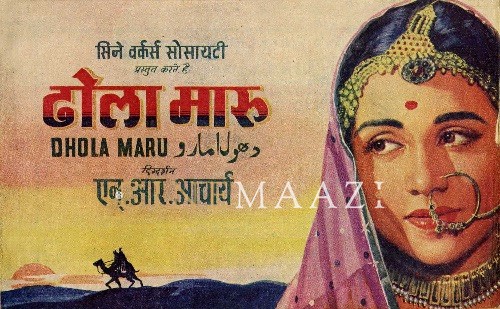
Dhola Maru 1956
-
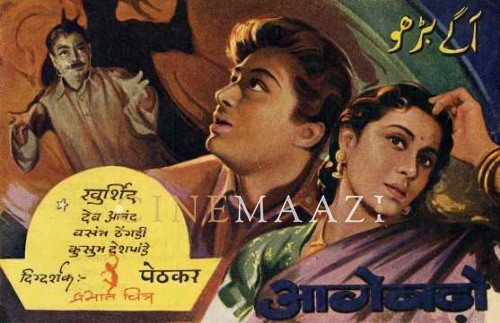
Age Kadam 1943
-
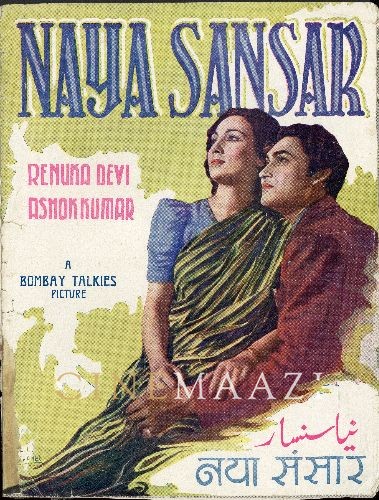
Naya Sansar 1941
-
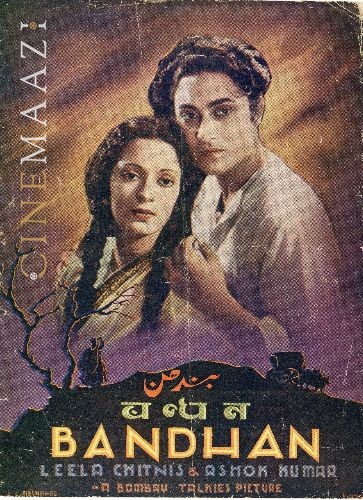
Bandhan 1940
-

Azad 1940
-




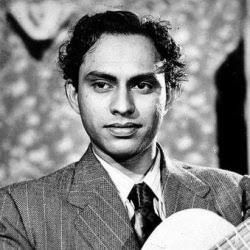

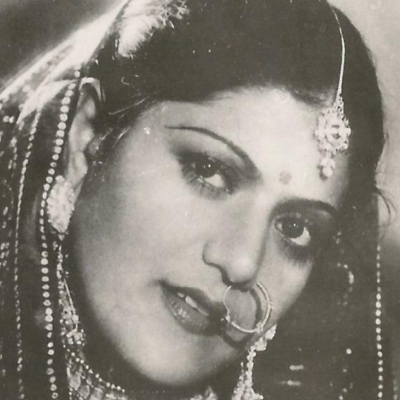
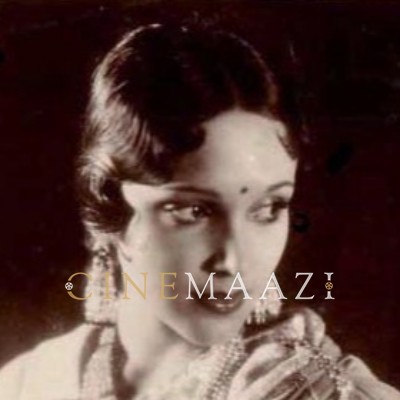

.jpg)


